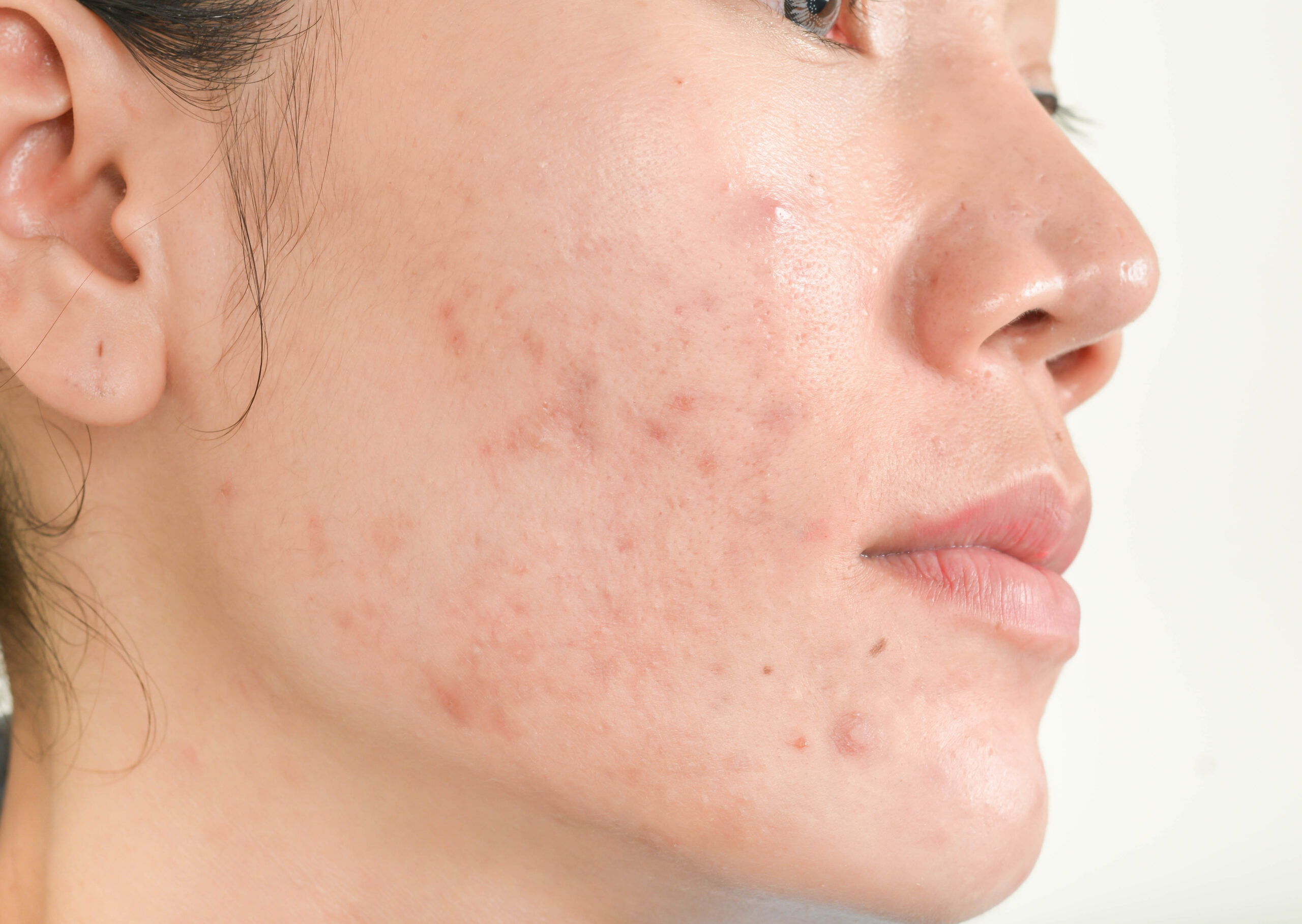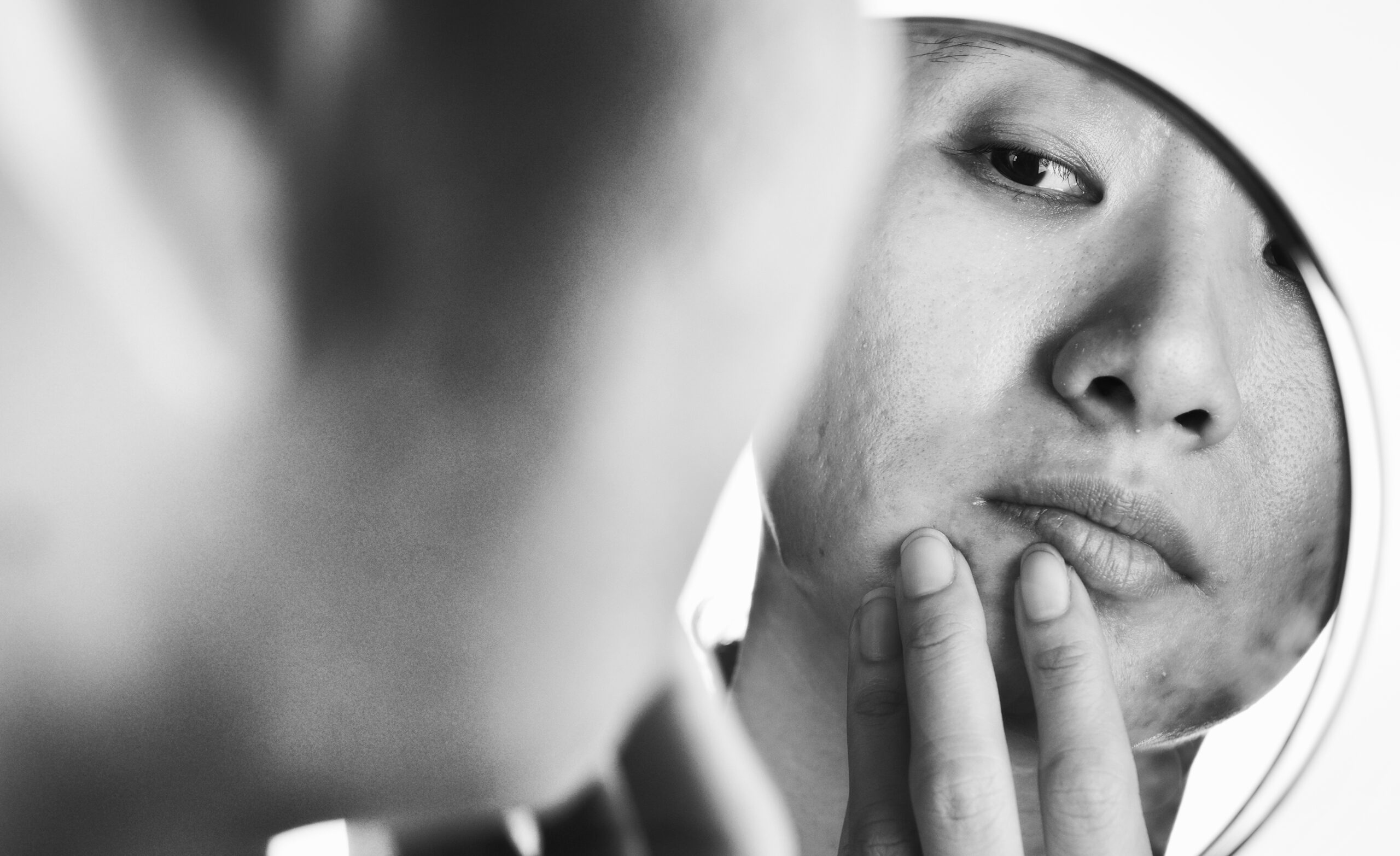
BOILS
A boil, also known as a furuncle, is a localized skin infection characterized by a red, tender bump. The spot tends to grow in size, filling with pus and becoming more painful quickly. Over time, the boil can develop a pustule (whitehead) and drain.
When it drains, the boil might leave a small, round scar.
Where Are Boils Most Common?
Boils can occur anywhere on the body, but people most commonly find them on the face, neck, chest, back, buttocks, and other areas of friction. Bacterial infections in glands and hair follicles often cause them. The area around the boil is usually tender, red, and swollen.
Types of Boils
There are a variety of different types of boils:
Furuncle or Carbuncle
The Staphylococcus aureus bacterium causes these abscesses. A furuncle is an individual boil; carbuncles are deep clusters of boils that most often form on the back of the neck, shoulders, or thighs.

Pilonidal Cyst
An infected hair follicle around the buttocks area usually results from sitting for an extended period of time. Pilonidal cysts almost always require medical treatment.
Hidredenitis Suppurativa
These are multiple abscesses that form from blocked sweat glands in the armpits or groin areas. They are recurrent and can be quite painful.
Cystic Acne
These boils are situated more deeply into skin tissue than the more simple forms of acne. They typically occur among teenagers.
Cystic acne is the most severe form of acne that consists of large, red, and painful breakouts.
Home Remedies for Boils
Boils respond well to home remedies such as:
- Applying heat
- Tea tree oil
- Epsom salt
- Turmeric paste
- Aloe vera gel
There are numerous home remedies that you can use to treat boils. Applying heat to the area for 20 minutes three times a day can help draw the pus to the surface and speed up the healing process. Tea tree oil has natural antibacterial properties and can be applied topically to the boil.
You can add Epsom salt to a warm bath and soak the affected area for 30 minutes. Turmeric also has natural antiseptic properties. You can also use aloe vera gel on the spot.
When to See a Doctor
Boils usually go away on their own within a week. However, if the blemish is large, painful, or growing, a doctor should see it. If the person has fever, chills, or feels sick, this could signify a severe infection. In these cases, the person should seek medical attention.
If the boil is near the anus or vagina, it could signify a more severe infection like cellulitis or MRSA. Therefore, it is essential to see a doctor as soon as possible in these cases.
Cellulitis is a serious skin infection that occurs when bacteria invade the skin and the tissue underneath. MRSA is a type of staph infection that is resistant to antibiotics. If these infections go untreated for too long, they can spread and become life-threatening.
The Bottom Line
Boils are usually not a serious health concern, but they can be uncomfortable and sometimes painful. Home remedies can help speed up the healing process, but if the boil is large, painful, or does not go away within a week, it is essential to see a doctor.
Schedule Your Boils Appointment
Contact Dermatology & Surgery associates today to learn more about boils.
Thousands of Bronxites Trust Dermatology and Surgery Associates
Dermatology & Plastic Surgery Under One Roof
Learn More About Our
Dermatology Services
Learn More About Our
